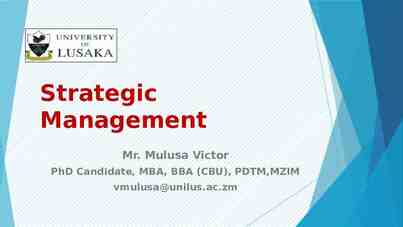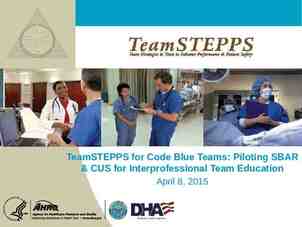SOCIAL MEDIA TRAINING PLAN Jovan Petkovic AET 570 Phyllis
11 Slides3.78 MB

SOCIAL MEDIA TRAINING PLAN Jovan Petkovic AET 570 Phyllis Carbonaro July 30, 2015

AGENDA Appropriate adult learning theories Effect of social media or e-learning on student motivation Ethical considerations of integrating social media Relevant training program competencies

ADULT LEARNING THEORIES Pedagogy The means of how a child learns and is taught Andragogy The means of how an adult learns and is taught Transformational learning Adults question basic values, beliefs, and perspectives Cultural differences Rothman (2007) “defines culture as a set of values, beliefs, and practices grounded in common history and experiences shared by a group” Crowdsourcing Method of “harnessing collective intellect and creative solutions”

SOCIAL MEDIA OR E-LEARNING MOTIVATION

SOCIAL MEDIA OR E-LEARNING MOTIVATION

SOCIAL MEDIA OR E-LEARNING MOTIVATION

ETHICS!!!

ETHICAL CONSIDERATIONS OF INTEGRATING SOCIAL MEDIA

RELEVANT TRAINING PROGRAM COMPETENCIES Competencies: Person must posses core training topics knowledge Relevant education Relevant training Relevant working experience Technical knowledge related to training program

RELEVANT TRAINING PROGRAM COMPETENCIES

REFERENCES Caffarella, R. S., & Daffron, S. R. (2013). Planning Programs for Adult Learners (3rd ed.). [Adobe Reader]. Retrieved from https://newclassroom3.phoenix.edu/Classroom/#/contextid/OSIRIS:456 85379/context/co/view/activityDetails/activity/a94b7504-eef8-4394b949-25737597ef1c/expanded/False






